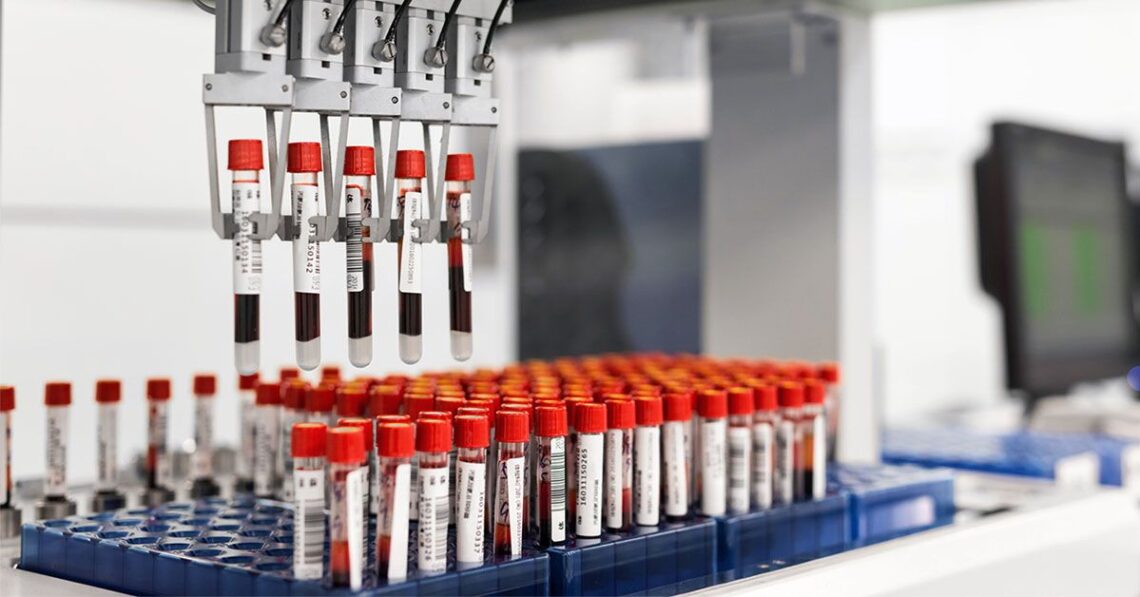- Multiple sclerosis (MS) is a neurological disorder that affects almost three times as many women as men.
- Currently, an MS diagnosis relies on a range of tests carried out once symptoms are evident.
- Now, a study has found that people diagnosed with MS produce a distinctive set of antibodies many years before symptoms develop
- These antibodies can be detected in the blood, so could potentially lead to a simpler, earlier blood test for MS.
A new study from the University of California, San Francisco, has potentially found a method for easier earlier diagnosis of multiple sclerosis (MS). The researchers detected a distinctive set of antibodies in the blood of people who went on to develop MS that are not found in people without the disease.
Caitlin Astbury, research communications manager at the MS Society, in the United Kingdom, welcomed the findings, who was not involved in the study, telling Medical News Today:
“We’re excited to see these results, which could one day lead to earlier diagnosis of MS for some people. Living with MS can be debilitating, exhausting, and unpredictable.“
“Evidence tells us early treatment is beneficial. In the future, if neurologists are able to diagnose MS earlier people could start treatment sooner,” she added.
The study is published in
These symptoms, which usually start between the ages of 20 and 40 years, may include:
- Muscle weakness and mobility problems.
- Numbness and tingling in the face, body and limbs.
- Bladder and bowel problems.
- Severe fatigue.
- Muscle spasms and tremor.
- Vision problems.
- Emotional changes.
MS is an
Read the full article here

